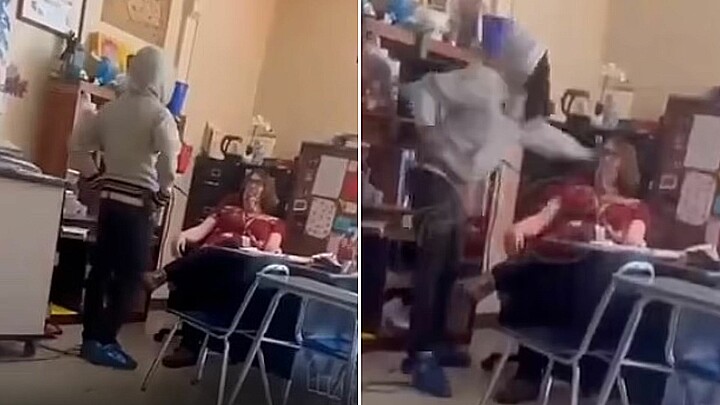Education
Colorado expands translation access for special ed parents, aims to help Hispanic families
Colorado improves translation access for special education families

May 9, 2023 9:16am
Updated: May 9, 2023 9:21am
The Colorado Legislature passed bill HB 1623 on Saturday, aimed at expanding access to translated education documents for non-English-speaking parents with children who have disabilities. The new law aims to help Hispanic and Latino families by helping expand access to translated education documents for parents who don't speak English fluently and have children with disabilities.
The bill requires the multidisciplinary team that creates an individualized education program (IEP) for a child to translate or contract with a translation services provider to translate the IEP draft documents and the final IEP document into the dominant language spoken in the home of the child's parent, guardian, or legal custodian.
Public school students with disabilities who receive special education services are required to have an Individualized Education Program (IEP). An IEP is a tailored document aimed at improving educational outcomes for that student, and it must comply with the Individuals with Disabilities Education Act (IDEA) and the Exceptional Children’s Education Act (ECEA) in Colorado.
Bri Buentello, a former special needs teacher and director of government affairs for Stand for Children Colorado, said the bill will increase parental involvement in the IEP process, benefiting students.
This will allow parents to be more involved in the IEP process and better serve students.
The bill will enable the expansion of translator and interpreter services, and a separate bill will allocate $500,000 to which school districts can apply.
According to the National Council on Disability, as of 2017, there were approximately 2.8 million Hispanic children with disabilities in the United States. The need for translated documents related to an individualized education plan process (IEP) has been touted by parents and advocates.
Under federal law, parents are required to receive a final draft translated into their preferred language, but education advocates say the final draft comes too late in the process to allow parents to make changes or ask questions about the draft, which can include technical language.
The bill received bipartisan support and was sponsored by state Democratic Rep. Lorena Garcia and state Rep. Mary Young, who is a retired school psychologist and special education teacher.










